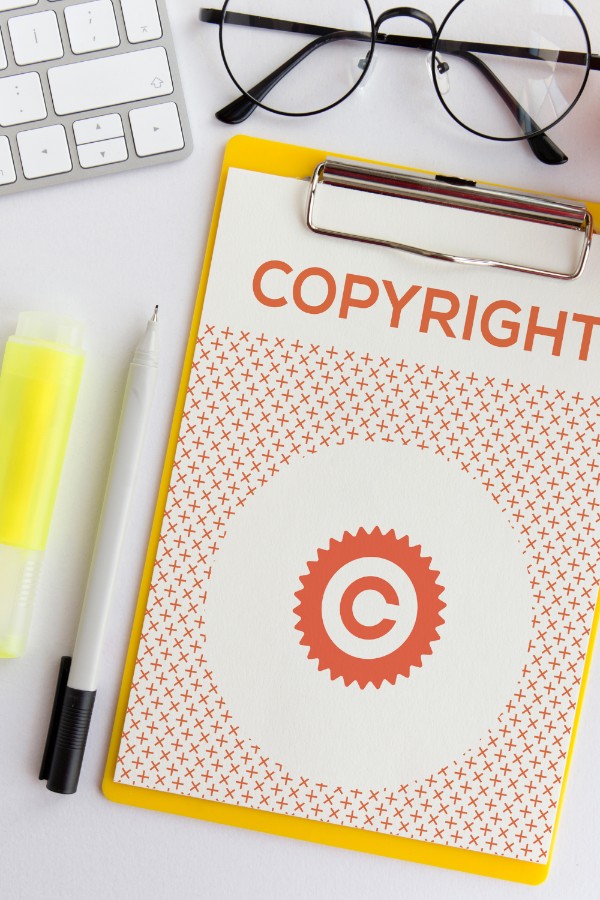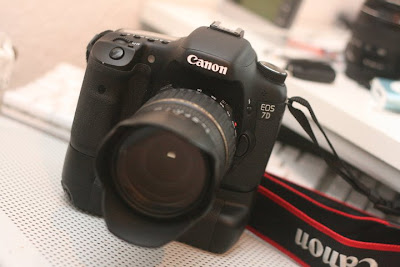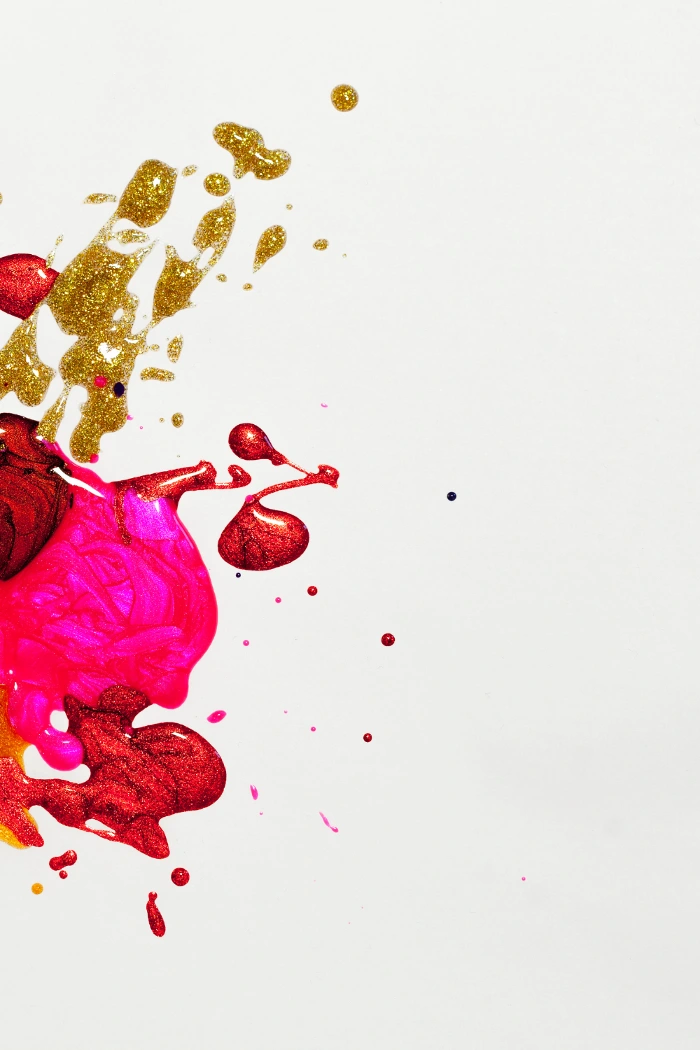If you’re a blogger or if you own a website, then the age-old adage, “A picture is worth a thousand words” can never be truer. Along these lines, you might also have heard a lot of people say Avoid Copyright Infringement. No matter how many words you put into an article or how expertly strung together your words are, or how well you do SEO, if you don’t add life to it through photographs, then chances are people won’t stop to read the content.

Table of Contents
Yes, that’s how powerful images are.
Bloggers and website owners who have a knack for photography are very fortunate, since they can use pictures they have taken themselves to use in their sites. On the other hand, those who are not blessed when it comes to taking awesome pictures use stock photos found in the Web. These people are on fairly safe ground, given that most stock photos on the Internet are free. However, what of those who know nothing about stock photos and use whatever image they find on the Web? Well, these people are rocking a dangerous warpath that’s sparked by two powerful words – copyright infringement.
A student from a renowned university in the Philippines found himself in hot water shortly after winning a contest. It turned out the photo he entered into the said contest was actually the work of someone else.
Indeed, not a day goes by without bloggers and photographers getting embroiled in legal wrangles over the ownership of images they have supposedly taken and use in their websites. What gives, then?
Own Rights

Truth be told, copyright laws were enacted not in the interest of giving photographers and/or authors the right to deny their work for use by other people. Instead, these laws were created to encourage these people to continue doing what they do best. Article I, Section 8, clause 8 of the United States Constitution explicitly states what the purpose of copyright laws is: “To promote the Progress of Science and useful Arts, by securing for limited times to Authors and Inventors the exclusive Right to their respective Writings and Discoveries.”
You might reason, though, that you’re merely trying to make your posts look better and don’t have any ill intentions at all. We all know that. Nevertheless, copyright is a federal law that protects original works of authorship that includes literary, written, dramatic, artistic, musical, and several other types of work. Anything someone else, other than you, creates is that person’s copyright. Copyright becomes attached to something as soon as the original work is created. Hence, I own the copyright to this blog post you’re reading, as this is considered an original write-up of mine.
Photo Quality and Appropriateness
Copyright is applicable to both published and unpublished works. In the case of photographs, it doesn’t matter what you used to take the shot. You could have used the most highly sophisticated camera, a slightly used camera, or your iPhone’s camera; it doesn’t really matter. The thing is you have a copyright to that image. You don’t need to file paperwork for the image to be called yours, because copyright is an automatic right. As copyright owner, you have the power to reproduce the copyrighted work, display it publicly, prepare derivative works based on the original copyrighted work, and distribute copies of it publicly by selling, renting, lending, or displaying the work.
All these crystallize a profound truth – everything found on the Internet, whether someone takes credit for it or not, is copyrighted by default. If you don’t want to be accused of copyright infringement, refrain from using images found on the Internet unless there is expressed authorization from the owner.

Avoid Copyright Infringement and Save Dollars
The Internet is a treasure trove of many different things. If you can search for anything using your trusted search engine, then surely, you can look for images that you can use freely without fear of copyright infringement. However, as much as possible, try to use your own images in your blog or website to avoid copyright infringement.
You don’t need to be a skilled photographer to take pictures (for your posts, that is). You don’t need to own the most sophisticated gadgets to take nice pictures. If you have it in you to maintain and manage a website and write meaningful content in it, then you have what it takes to spruce up your content with images – creativity. As mentioned earlier, you can use even your phone’s camera to take awesome pictures. Rely on your creativity (and knack for using a thousand different filters) to take awesome pictures and spare yourself from the headache that is copyright infringement.







Great post! I try to use my own pictures, and I have seen some of my pictures in other blogs! Yes it is frustrating, I try to take it as a compliment..they like my pics!